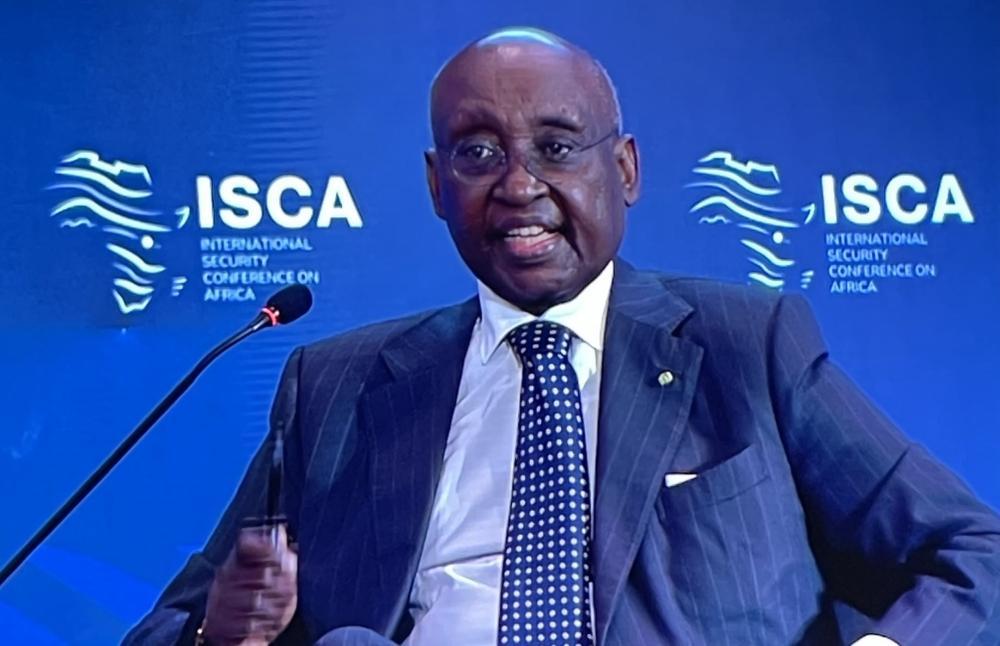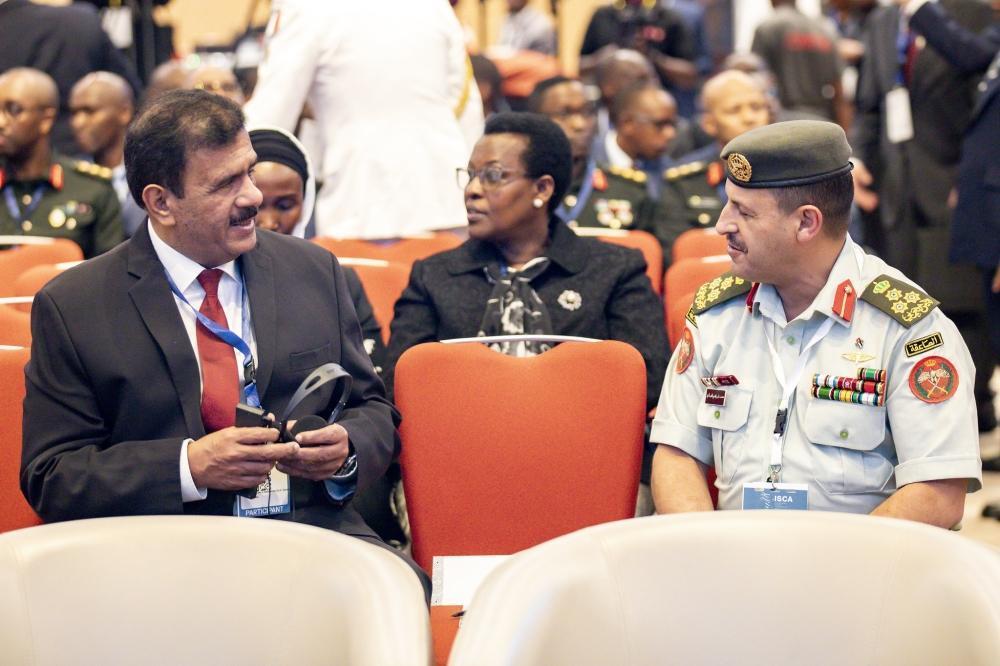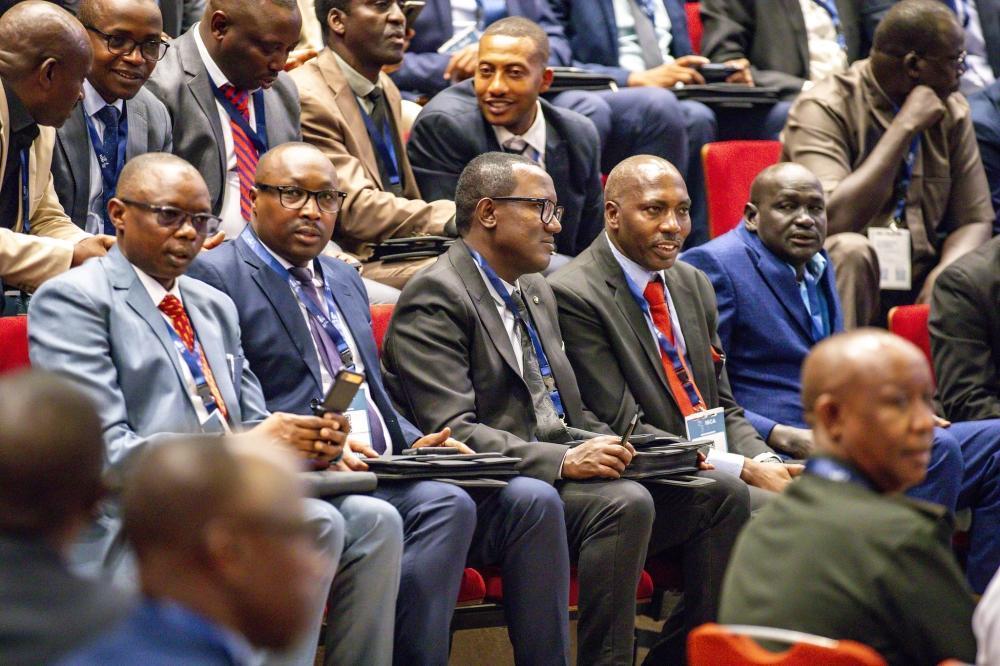Africa-Press – Rwanda. Contrary to the common perception that Africa has the largest share of the world’s critical minerals, Donald Kaberuka, a Rwandan economist and Chairman and Managing Partner of Southbridge Group, says that the minerals are running out and the continent’s industrialization should be fast-tracked.
Speaking on a panel discussion on Tuesday May 20 at the International Security Conference on Africa (ISCA) in Kigali, Kaberuka, who is the Chairman and Managing Partner of Southbridge Group, noted that if nothing is done, the continent might soon need to import the raw materials it is currently exporting.
“One thing which worries me, even though many people may disagree, each time I attend a conference, I am amazed at how everybody almost religiously declares that Africa has the largest percentage of this or that mineral,” Kaberuka said.
The Conference brought together delegates from 17 countries, including security and intelligence experts, policymakers, private security companies, and civil society, among others.
“The truth is, we are running out of them at a fast pace and by the time our industrial production has really picked up, which I hope will be soon, we may be importing some of those raw materials we are now exporting.”
He noted that even one of the biggest mines in the world with high quality iron, Simandou mine in Guinea, has an estimated life span of 26 years.
On the other hand, he pointed out another challenge of foreign countries that seek to buy these minerals from Africa not because they want to industrialize but just to stockpile them and prevent their adversaries from getting access to them.
He gave an example of the case of Uranium obtained from DR Congo that was used to produce atomic bombs that destroyed Hiroshima, Nagasaki during World War II, and after getting enough quantity, the mine was destroyed completely.
“So, we are in that multilayered complex approach to these issues. I think that between what we need for industrialization and those who want to stop this thing to prevent adversaries getting to them, is a force which we need to watch carefully,” Kaberuka said.
“We need to work together to figure out how to do beneficiation at value, but mainly to ensure that we have what we need for our industrial capacity. Unless we understand the dynamics of what is going on, by the time we begin to industrialize, we may be importing some of the things which we have today.”
Lassina Zerbo, Chairperson of Rwanda Atomic Energy Board, emphasized that Africa needs to move from a passive supplier to a strategic actor, shielding against supply chain shocks, global crises and big players who try to influence how the continent supplies those critical raw materials.
“The critical materials are not about trade but about strategy and security issues for the continent,” said Zerbo. “How do we leverage this to put ourselves in a situation where we dictate where the world should go in terms of technology and how we can supply our materials?”
He said that limited education, financial and transformation means are among the hindrances that Africa faced from taking the right path of negotiation.
For instance, he said, a bauxite, the main commercial ore of aluminum will cost about $65 per tonne but when it’s transformed to aluminum, it’s about $2,500 per tonne.
When it comes to strategic levers for African sovereignty, Zerbo noted that there needs to be investments in local refining processes, building regional supply chain, and strengthening transparency and governance.
For Kingsley Moghalu, the President of the African School of Governance (ASG) university, the most important thing is to create transparent governance mechanisms that institutionalize a mindset shift over critical raw minerals from a point where everybody is struggling to control and get rich from them corruptly.
Moghalu emphasized creating sophisticated value-added products competitive for export and internal use. According to him, the global race for critical materials should be a turning point for Africa so that the continent does not lose out like it did with more traditional commodities.
Over the next 25 years, the demand for nickel is expected to double, cobalt to triple, and lithium to grow by tenfold.
For More News And Analysis About Rwanda Follow Africa-Press








